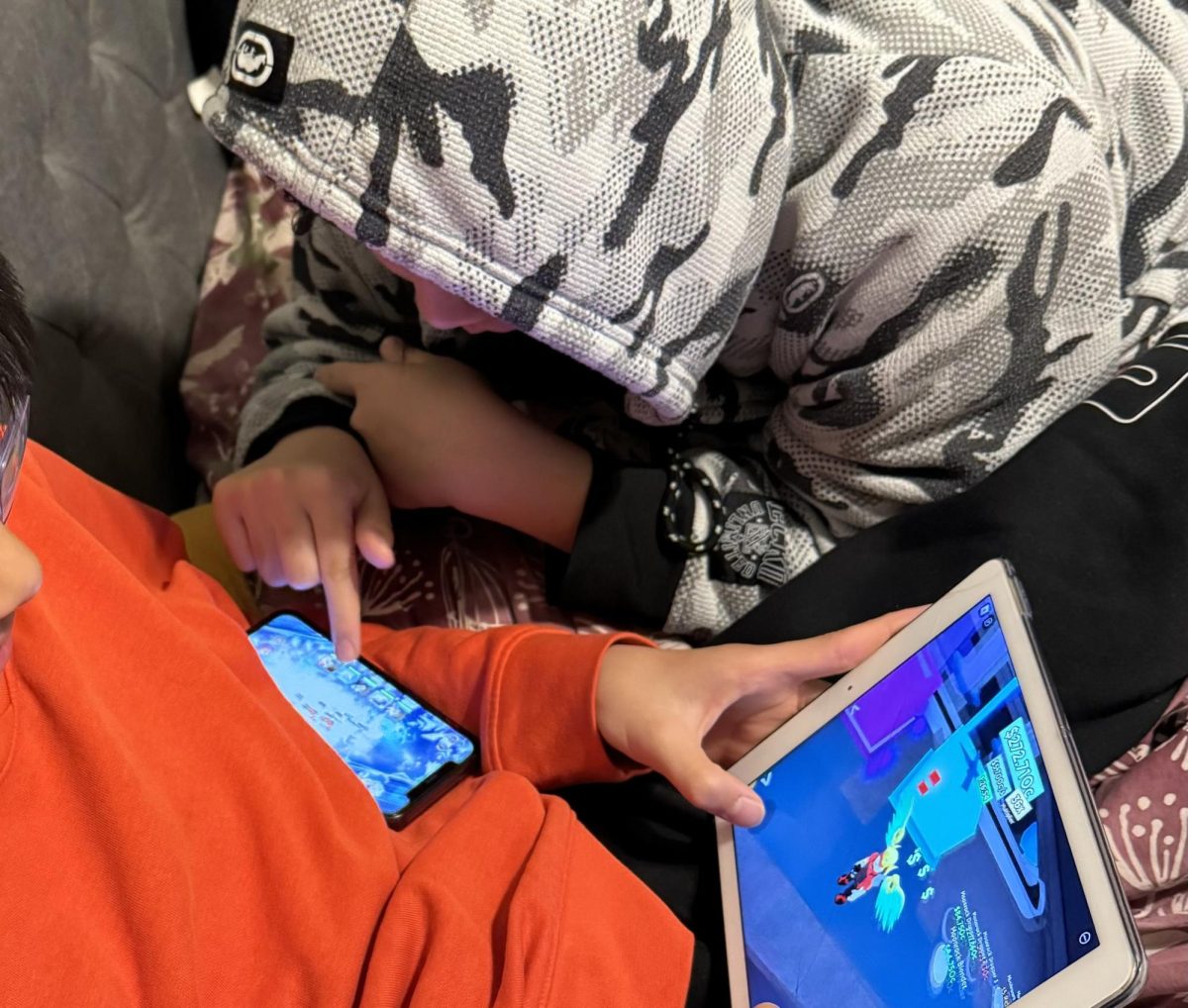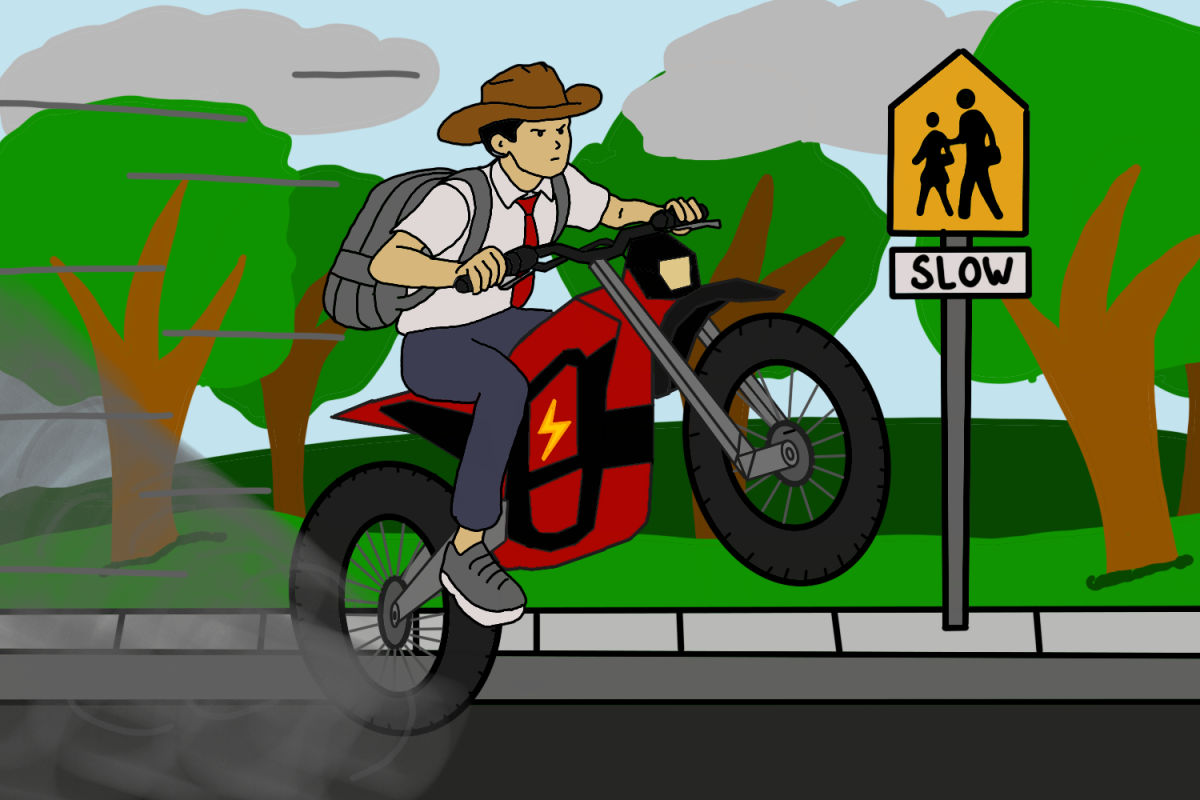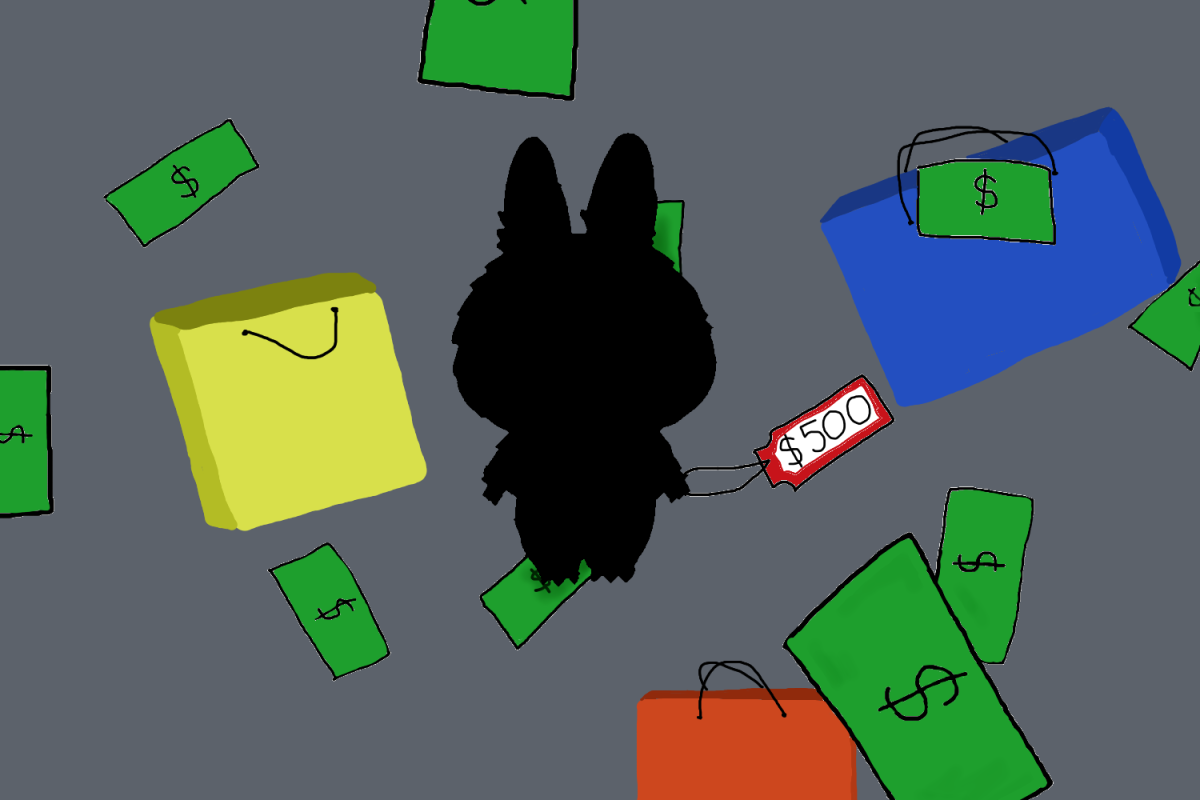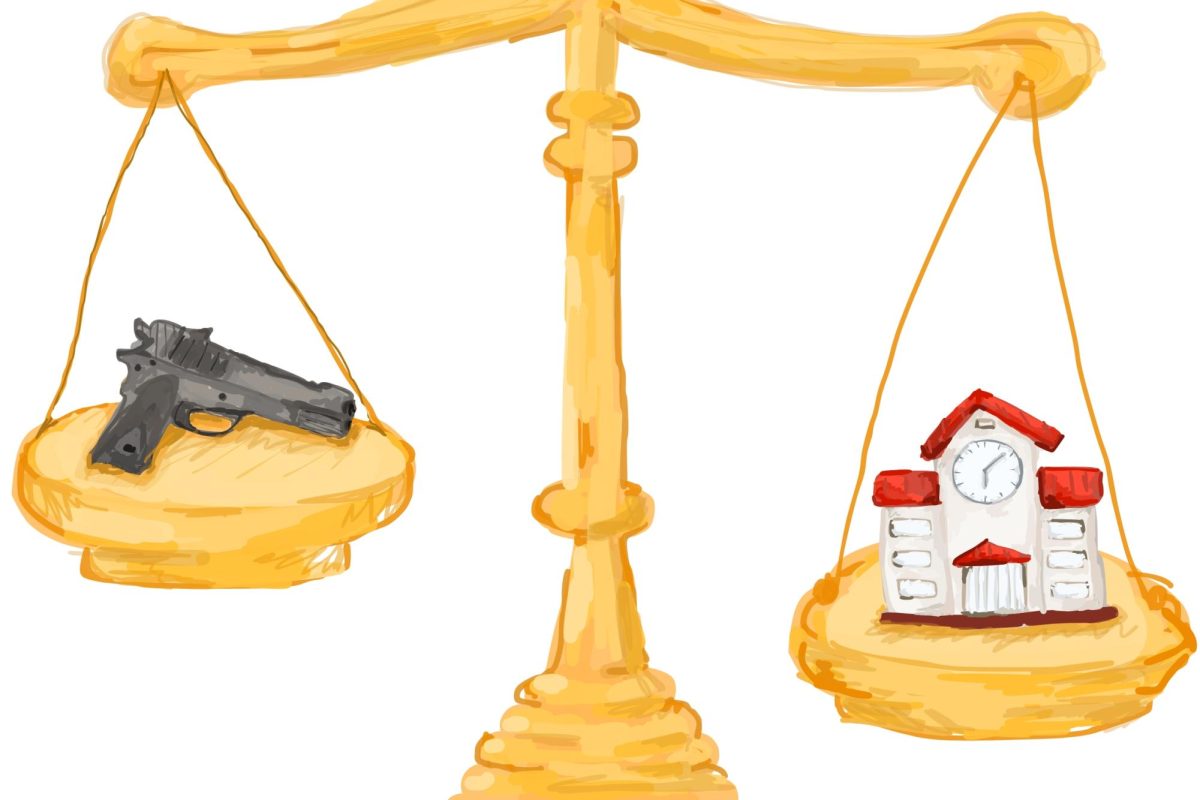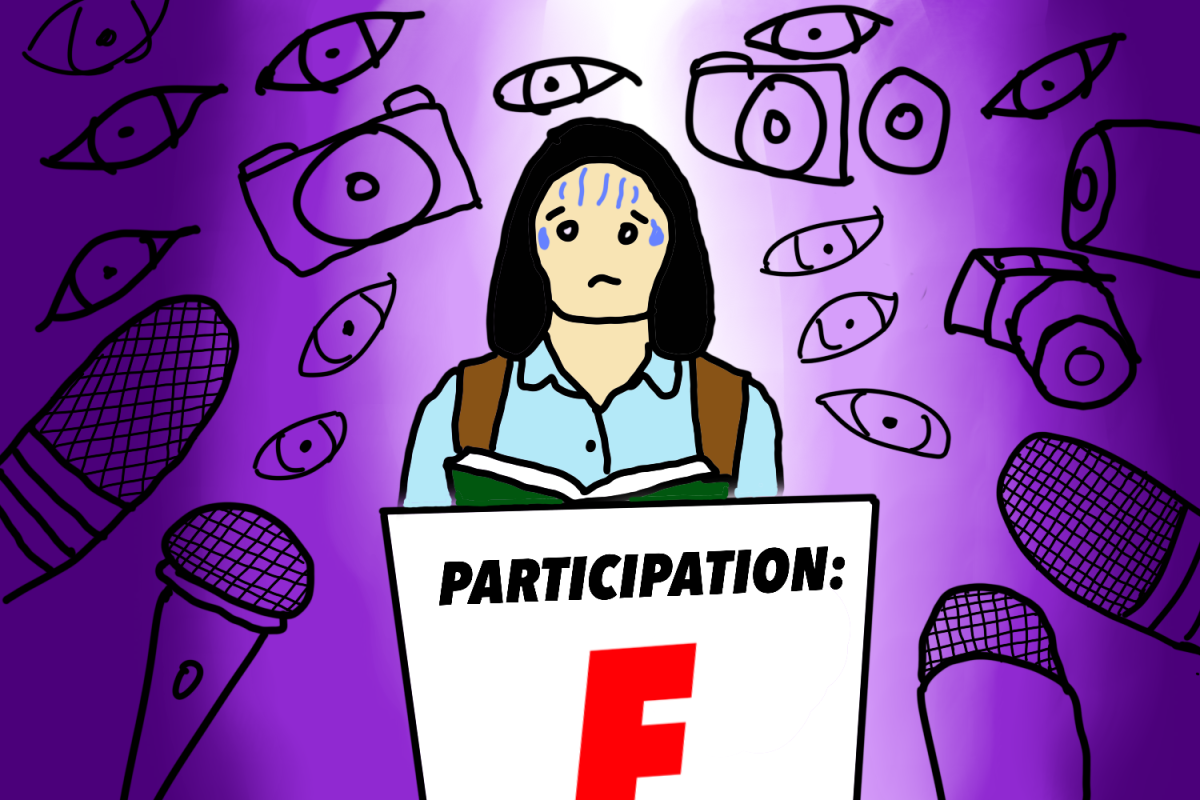A pay-to-win game, most commonly found on mobile games, is any game that gives extreme advantages to players who spend on the game compared to players who don’t spend money. These types of games ruin the games they’re in because they lower the fun and playability for many players. People spend tons of money on a game in order to max characters and buffs, making the game unequal for people who don’t spend money on a game. This means that those players would have to spend days repeatedly doing the same tasks in order to have enough materials just to be even somewhat on equal footing with the paid player.
Paid-to-win games make the gameplay itself unbalanced. For example, if you have two players with the same character and the same stats, both players are on equal footing. However, once the game adds a weapon for an ability that is only available with spending money, if one player buys and one doesn’t, the two players are unbalanced. No matter how much time that’s spent on the game, the player who doesn’t spend money will never catch up to the player who does. In a player vs player game (PvP), this makes the game almost impossible to play for players who don’t spend money on the game, as players who are able to buy the upgrades, buffs, and materials have huge and oftentimes impossible-to-balance advantages.
Making a game pay-to-win also makes any story mode game harder due to power creep. Power creep is when the characters in the game continue to grow stronger than the characters before them. This also means game developers continue to make their story levels harder in order to balance out new characters. However, if the levels of the story become so hard without leveling up these new characters, it’s sometimes impossible to beat a new stage. What’s worse is that most games make the new characters only available with a newly introduced currency, which is always in limited supply unless you spend money in the game shop. Players have to spend either time or actual money in order to even progress with the game; this could lead to burnout or players just quitting the game entirely.
An example of a pay-to-win game is Cookie Run Kingdom (CRK), a multiplayer game that involves leveling up your cookies and battling enemies and people around the globe. You can see the pay-to-win mindset in CRK’s store, with boost packs that go for $22. It’s also noticeable in PvP. As someone who’s been playing CRK since the game’s launch and never used any real money in the game, it’s frustrating to see players using money in order to beat others in the arena because it feels as if all the time I put into the game amounts to nothing.
However, these games have to make money somehow, and pay-to-win games do make money. But there are ways for game developers to make money off of the game without making the game impossible without spending money or hours of grinding. The game could have advertisements for certain extra rewards or sell small bundles that won’t make the players have such a wide power gap between them. Or the game could start with a pay-to-win but slowly begin removing the max buffs as the game continues. There are many ways to still earn money off of a game without making it so that said game is only playable by those who spend a large amount of money.
Pay-to-win games are terrible for everyone because they divide the players into two categories: those who pay in order to win, or those who spend hours at a time playing the game. It makes PvP unbalanced to the levels of power and makes story modes difficult to beat without spending money to level up the characters to maximum level due to power creep. Pay-to-win games make the game feel like a chore, which could leave players quitting. But if a game is balanced and still makes money, then everyone is able to enjoy it to its fullest. Games shouldn’t be paid to win because at one point if the whole game just becomes something where you have to spend money on it to win, no one is going to play because the game is so focused on making money it forgets the actual parts of the game that made people enjoy it in the first place.
Photo Courtesy of COLLETTE CHEN

